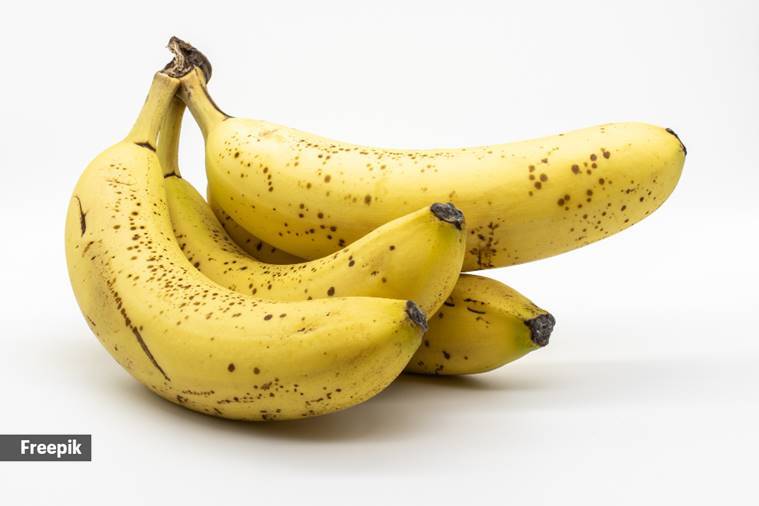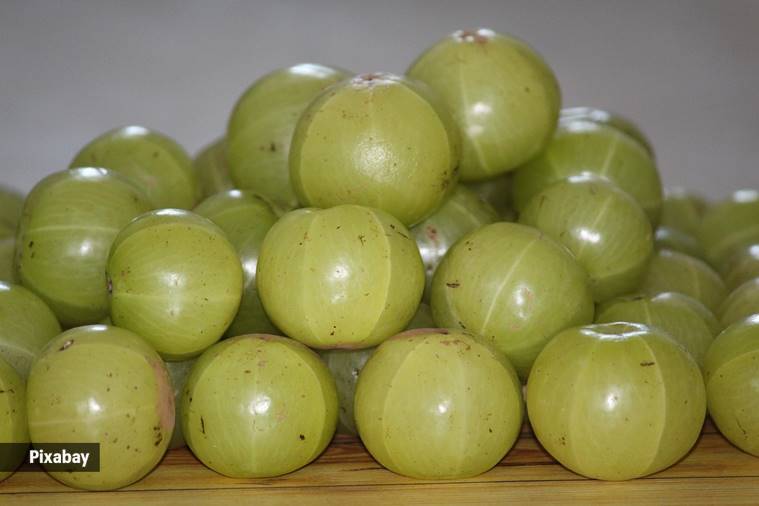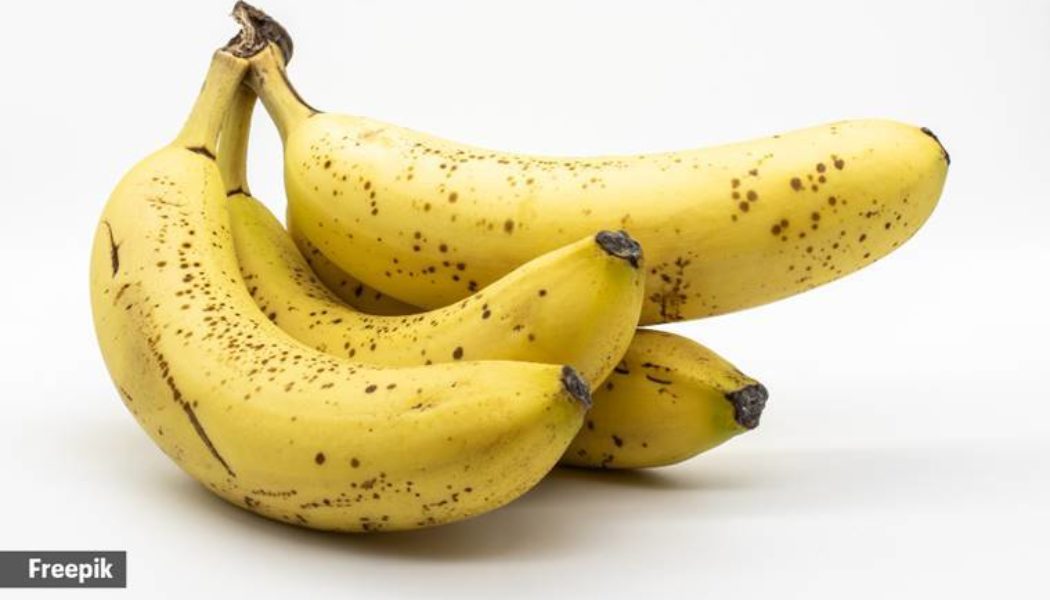It is a well-known fact that the food we eat impacts the functioning of our body. As such, while certain foods may be suitable for some people, others may have to restrict or curb the consumption of some foods to maintain good health. The same is the case for people with uric acid, who need to stop having foods that can increase the uric acid levels above the normal upper limit of 6.8mg/dL, and add foods that are good for reducing excess uric acid levels. This is essential as high uric acid levels may lead to gout or kidney stones.
As such, if you are susceptible to high uric acid, here are some food items you should include in your diet to fight high uric acid levels, as shared by Lovneet Batra, a nutritionist.
What is uric acid?
Uric acid is a natural waste product that forms when the body breaks down purines, which are substances found in certain foods and tissues. “Normally, uric acid dissolves in the blood and passes through the kidneys, leaving the body through urine. However, elevated levels of uric acid can lead to a condition called hyperuricemia, which can contribute to the formation of urate crystals in joints, causing gout and other health problems,” Dr G Sushma – Consultant – Clinical Dietician, CARE Hospitals, Banjara Hills, Hyderabad told indianexpress.com.
Ushakiran Sisodia, Registered Dietician and Clinical Nutritionist Diet and Nutrition, Nanavati Max Super Speciality Hospital added that certain foods can help manage high levels of uric acid, with alkaline-rich choices often recommended. “Alkaline foods like bananas, apples, pears, and peaches can be beneficial in managing uric acid levels. However, it’s advisable to avoid berry varieties that contain seeds,” she suggested.
Foods to manage high uric acid levels
Below are the food items shared by Lovneet Batra that can help lower your uric acid levels. They are:
Bananas. Bananas are a very low-purine food. They are also a good source of vitamin C, which makes them a good food to eat if you have gout.
“Bananas are often recommended as they are low in purines and high in potassium. While they may not directly reduce uric acid levels, they can help maintain a healthy balance by promoting proper kidney function,” Dr Sushma explained.
 Bananas are a very low-purine food. They are also a good source of vitamin C, which makes them a good food to eat if you have gout. (Pic source: Freepik)
Bananas are a very low-purine food. They are also a good source of vitamin C, which makes them a good food to eat if you have gout. (Pic source: Freepik)
Low-fat milk and yogurt. Extensive research suggests that low fat milk and low-fat yoghurt help in lowering your uric acid levels and aid in excreting uric acid out of your body.
Advertisement
“Low-fat yoghurt is often recommended as part of a balanced diet for individuals with high uric acid levels. It is a good source of protein and contains lower amounts of purines compared to other protein sources like red meat. Additionally, yoghurt may have some anti-inflammatory effects,” shared Dr Sushma.
Coffee. Coffee competes with the enzyme that breaks down purines in the body, which lowers the rate of uric acid production. Plus, it increases the rate at which your body excretes uric acid.
“Some studies have suggested that coffee consumption may be associated with a lower risk of gout and hyperuricemia. Coffee contains compounds that may increase uric acid excretion and reduce its production, but the exact mechanisms are still not fully understood”.
Advertisement
 Coffee competes with the enzyme that breaks down purines in the body, which lowers the rate of uric acid production. (Pic source: Freepik)
Coffee competes with the enzyme that breaks down purines in the body, which lowers the rate of uric acid production. (Pic source: Freepik)
Citrus fruits like amla. Citrus fruits such as amla, lemon, oranges, papaya, and pineapple, are rich in vitamin C, therefore, they help lower high levels of uric acid naturally.
“Amla is rich in vitamin C, which has been associated with lower uric acid levels. Vitamin C helps in reducing uric acid levels by increasing its excretion through the kidneys. Amla can be consumed as a whole fruit, juice, or in powdered form”.
 Amla is rich in vitamin C, which has been associated with lower uric acid levels. (Pic source: Pixabay)
Amla is rich in vitamin C, which has been associated with lower uric acid levels. (Pic source: Pixabay)
Cherries and other dietary soluble fibers. Increase the consumption of dietary soluble fibers such as oats, cherries, apples, pears, strawberries, blueberries, cucumbers, celery, and carrots, barley. Intake of dietary fiber decreases serum uric acid concentrations.
“Cherries and tart cherry juice have been shown to have anti-inflammatory properties and may help lower uric acid levels. They may also help reduce the frequency and intensity of gout attacks. However, more research is needed to fully understand the effects,” said Dr Sushma.
Stay hydrated
Hydration plays a crucial role in maintaining uric acid levels. “Insufficient water intake can lead to high uric acid levels, so increasing water consumption should be a priority,” advised Sisodia.
Advertisement
 Hydration plays a crucial role in maintaining uric acid levels. (Pic source: Freepik)
Hydration plays a crucial role in maintaining uric acid levels. (Pic source: Freepik)
Things to keep in mind
Dietary changes alone may not be sufficient to manage high uric acid levels. “Lifestyle modifications, such as maintaining a healthy weight, staying hydrated, limiting alcohol consumption, and avoiding purine-rich foods, are also crucial,” shared Dr Sushma.
Sisodia added, “It is also advised to avoid non-vegetarian foods, manage weight if overweight, and reduce the intake of sugary and salty foods. Junk food should be avoided altogether”.
Advertisement
If you’re concerned about your uric acid levels, it’s best to consult a healthcare professional who can provide personalised advice and guidance based on your specific situation.
📣 For more lifestyle news, follow us on Instagram | Twitter | Facebook and don’t miss out on the latest updates!









